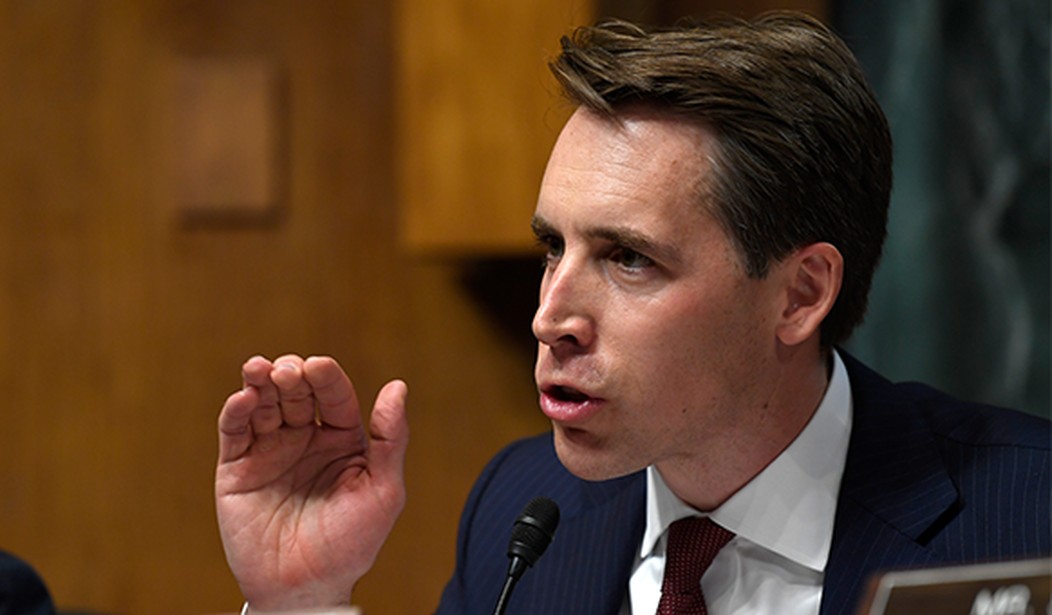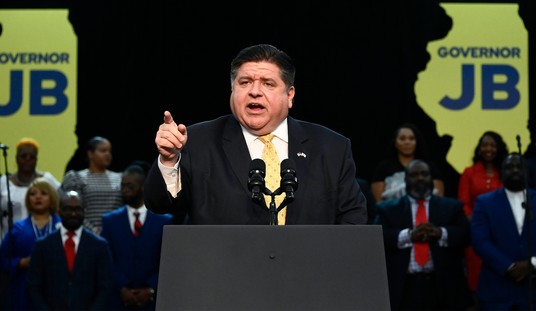January 6, the day Congress is expected to accept the results of the election, is fast approaching.
There have been a lot of rumblings about what to do with so many Republicans questioning the results of the election. Polls indicate that at least 78% of Republicans do not believe that Joe Biden won legitimately and they want people to listen to the concerns being raised.
Now, reports are that some in Congress will be objecting on January 6.
Rep. Mo Brooks (R-AL) has been leading the charge in the House. Joining him will be several new incoming members including Reps. Barry Moore (R-AL), Marjorie Taylor Greene (R-GA), Lauren Boebert (R-CO), Madison Cawthorn (R-NC), Burgess Owens (R-UT), Yvette Herrell (R-NM), Dr. Ronny Jackson (R-TX), Bob Good (R-VA), Jerry Carl (R-AL) and Andrew Clyde of Georgia. While there are at least 10 new members joining Brooks, there are also current members who will be joining as well, such as Rep. Jody Hice (R-GA).
“I plan to object,” Clyde, a Georgia gun store owner, told Fox News. “It’s clear to me that there have been serious allegations made under oath of the mishandling of multiple states’ absentee ballots resulting in violations of Georgia and other states’ election laws.”
He added: “These allegations deserve to be reviewed in accordance with the Constitution and the due process upon which our country was founded. The American people deserve to hear that evidence presented in Congress, and I plan to ensure that happens.”
Good explained that there were “significant unanswered questions about the constitutional integrity of the voting process.” Boebert said that the American people deserved “secure and fair” elections and 2020 was “neither.” She also said that other Republicans should be on board or prepare to be primaried in 2022.
Brooks says they intend to challenge in Michigan, Wisconsin, Pennsylvania, Georgia, Arizona, and Nevada. The Congressional rules require both a House member and a member of the Senate to object. The Senate Republicans have been slow to come on board, with some saying they will not.
But now Sen. Josh Hawley (R-MO) has announced he will object, which gives them the senator they needed.
Millions of voters concerned about election integrity deserve to be heard. I will object on January 6 on their behalf pic.twitter.com/kTaaPPJGHE
— Josh Hawley (@HawleyMO) December 30, 2020
“I cannot vote to certify the electoral college results on January 6 without raising the fact that some states, particularly Pennsylvania, failed to follow their own state election laws. And I cannot vote to certify without pointing out the unprecedented effort of mega corporations, including Facebook and Twitter, to interfere in this election, in support of Joe Biden,” Hawley said in his statement. “At the very least, Congress should investigate allegations of voter fraud and adopt measures to secure the integrity of our elections. But Congress has so far failed to act.”
Pennsylvania counted ballots after the deadline set by the state legislature, one of the multiple constitutional questions that were raised about the election.
If there is a House and Senate member appealing a state’s slate of electors, the joint session of Congress is dissolved and the House and Senate meet separately for two hours to debate a contested state’s electoral vote.
Each body then votes whether to accept or reject that state’s slate of electoral votes. Then the House and Senate reconvene in the joint session.
A simple majority is required to sustain the objection. But if it is not sustained, the state’s slate is counted.
Now, because the House is controlled by Democrats, even if the Republicans in the Senate are convinced, it’s unlikely to work. But it does put the issue before Congress and put everyone on the record as to where they stand.













Join the conversation as a VIP Member